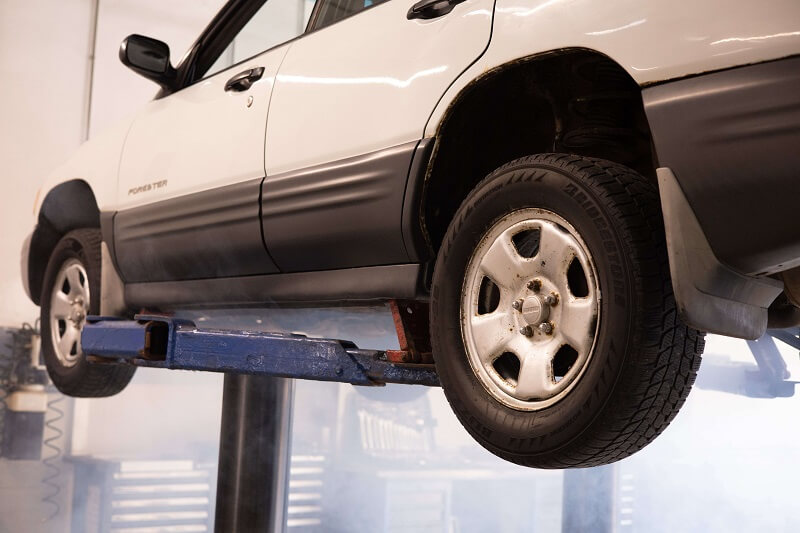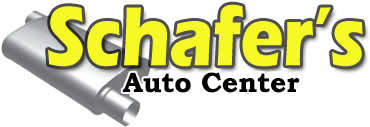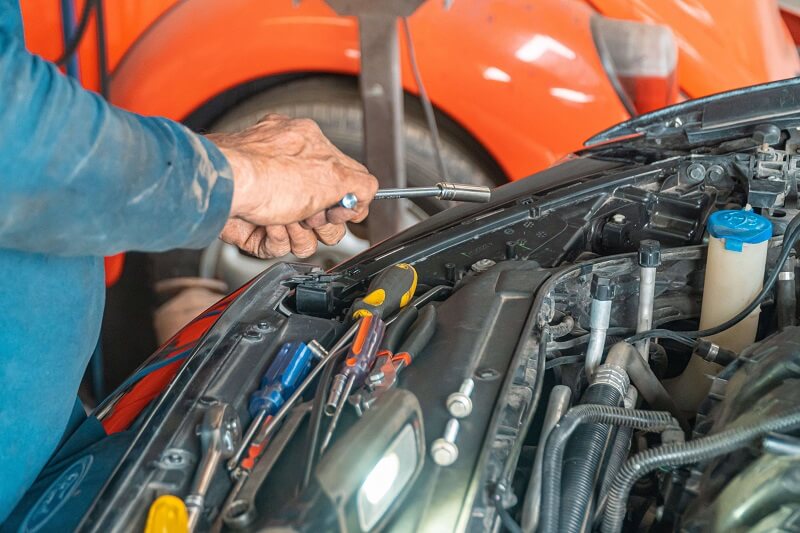
Understanding the basics of auto repair can be an empowering process. It can help you troubleshoot minor issues, maintain your vehicle optimally, and communicate more effectively with your mechanic. Whether you own a vintage model or the latest car on the market, some fundamental principles stay the same and aren’t as complicated as they seem. With this guide, you’ll learn easy tips and techniques that will equip you with the basic knowledge of auto repair. Penned by experts from the Philadelphia, PA, auto repair industry, our objective is to make auto repair more accessible and less daunting for everyone. Get ready to dive into the world of auto mechanics!
Grasping Basic Car Terminology
Every field has its language, and auto repair is no exception. Understanding basic car terminology can significantly improve your confidence when dealing with repairs. Start with the fundamentals – learn about the engine, transmission, chassis, brake system, and suspension. Understand what terms like horsepower, torque, MPG, and RPM mean. Familiarize yourself with common phrases used in repair instructions, such as ‘bleeding the brakes,’ ‘changing the oil,’ or ‘rotating the tires.’ You don’t need to become a mechanic, but mastering basic terminology will make repair guidelines less intimidating, improve communication with your mechanic, and deepen your overall understanding of your vehicle.
Understanding Common Car Problems
One of the first steps in learning basic auto repair is recognizing common car problems. Familiarize yourself with frequent issues like a flat tire, dead battery, overheating, brake failure, oil leak, or a malfunctioning starter. Understand the signs that indicate these problems, such as unusual noises, leaks, changes in handling or performance, or warning lights on your dashboard. For instance, squealing brakes may indicate worn-out brake pads, while blue smoke from the exhaust can suggest oil leakage. By recognizing these signs early, you can better diagnose issues, decide whether to address them yourself or know when to visit professionals.
DIY Maintenance Tips For Your Vehicle
Implementing simple do-it-yourself maintenance tips can save costly visits to the auto repair shop and extend your vehicle’s lifespan. Regularly check and keep up fluid levels, including engine oil, brake fluid, and coolant. Keep tire pressure at the manufacturer’s recommended level, and rotate your tires regularly for even wear. Replace worn-out windshield wipers and change air filters when needed. Additionally, do routine checks on your vehicle’s lights, brakes, and battery. Refer to your vehicle’s owner’s manual for specific maintenance schedules and instructions. By adopting these DIY tips, you can prevent minor issues from becoming major problems.
Learning To Identify Troublesome Car Noises
Car noises are often the first hint something might be wrong. Being able to identify these could save you a lot of trouble. For instance, a high-pitched squeal when you brake often indicates worn-out brake pads, while a grinding noise could mean several problems, from worn brakes to a failing bearing. A knocking sound from your engine is usually a sign of faulty engine bearings. Sharp clicking noises while turning denote a defective CV joint. While these are general guidelines, there could be multiple reasons behind every noise. If in doubt, always consult with a professional. However, identifying critical sounds can be crucial in early problem detection.
Fundamentals of Auto Repair: Final Thoughts
Grasping the basics of auto repair involves:
- Understanding car terminology.
- Identifying common problems.
- Implementing DIY maintenance tips.
- Recognizing troublesome car noises.
But the most crucial tip is always to have a curious and open mind. Everyone starts as a beginner, so be reassured if it initially seems overwhelming. Over time, with patience and practice, these basics will become instinctual. Always remember, safety comes first – if you need clarification on a problem or repair, consult a professional. Mastering these fundamentals will give you a sense of accomplishment, save money, and make you a more knowledgeable car owner.
In conclusion, embarking on a journey to learn auto repair basics can be rewarding and empowering. It makes you a more informed vehicle owner, helps you communicate effectively with mechanics, and even allows you to handle minor problems yourself. Armed with these tips, you’re on your way to understanding the intricacies of auto maintenance and repair. Remember, when the problem seems too complex, Philadelphia, PA, auto repair professionals at Schafer’s Auto Center are ready and eager to assist. Reach out today, and let us support your journey in mastering auto repair basics and beyond.


